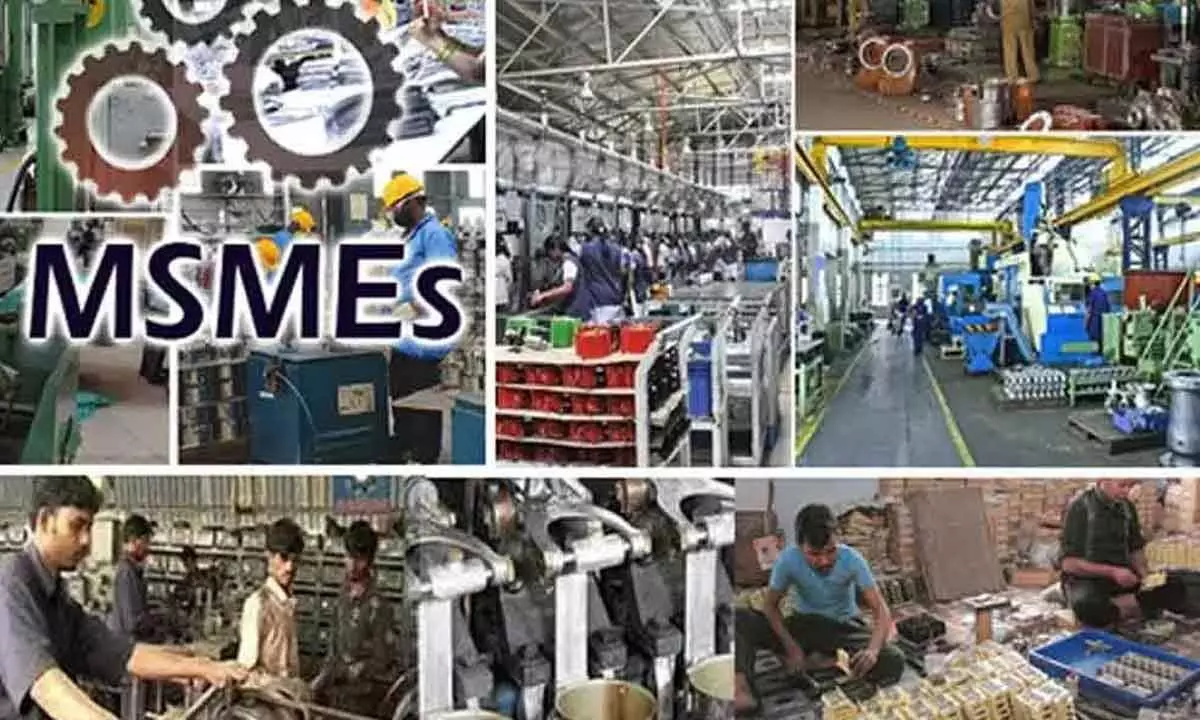Maha tops CGTMSE lending to MSMEs
Rs 533,587-cr credit extended to 79,53,694 MSMEs under the scheme since 2020
image for illustrative purpose

The CGTMSE was chalked out to make the availability of bank credit without the hassles of collaterals and third party guarantees to MSMEs
New Delhi: Maharashtra is the leading State in approving and extending credit guarantees worth Rs62,807 crore to 633,179 micro, small and medium enterprises (MSMEs). The top five States account for almost half of credit guarantees.
The guarantees were given under the Credit Guarantee Fund Trust for Micro and Small Enterprises (CGTMSE), which was brought in during the Covid-19 crisis in 2020.
Till the end of last month, 79,53,694 MSMEs had been extended guarantees amounting to Rs533,587 crore. Uttar Pradesh follows Maharashtra, with 889,678 guarantees worth Rs52,998 crore, official sources told Bizz Buzz.
Karnataka is the next with 557,986 guarantees involving the total sum of Rs43,120 crore, followed closely by Tamil Nadu 667,115 guarantees and Rs42,270 crore and Gujarat with 369,485 guarantees amounting to Rs42,162 crore.
The top five States account for 45.6 per cent of the total amount of credit guarantees to MSMEs under the CGTMSE.
Apart from the CGTMSE, the Emergency Credit Line Guarantee Scheme (ECLGS) worth Rs 5 lakh crore for businesses, including MSMEs, was announced during the pandemic to fill the credit gap. The scheme was operational till March 31 this year.
The CGTMSE was chalked out to make the availability of bank credit without the hassles of collaterals and third party guarantees to MSMEs. One objective was to support the first generation entrepreneurs.
The Ministry of Micro, Small & Medium Enterprises launched the scheme. The government and the Small Industries Development Bank of India or Sidbi set up the CGTMSE. Credit facilities can be extended by more than one bank and/or financial institution jointly and/or separately to eligible borrowers up to a maximum limit of Rs5 crore per borrower, subject to the ceiling amount of individual lending institutions. However, the scheme prohibits the sharing of securities.
Co-financing to an MSME unit by a financial institution with a commercial bank can be covered under the scheme.

